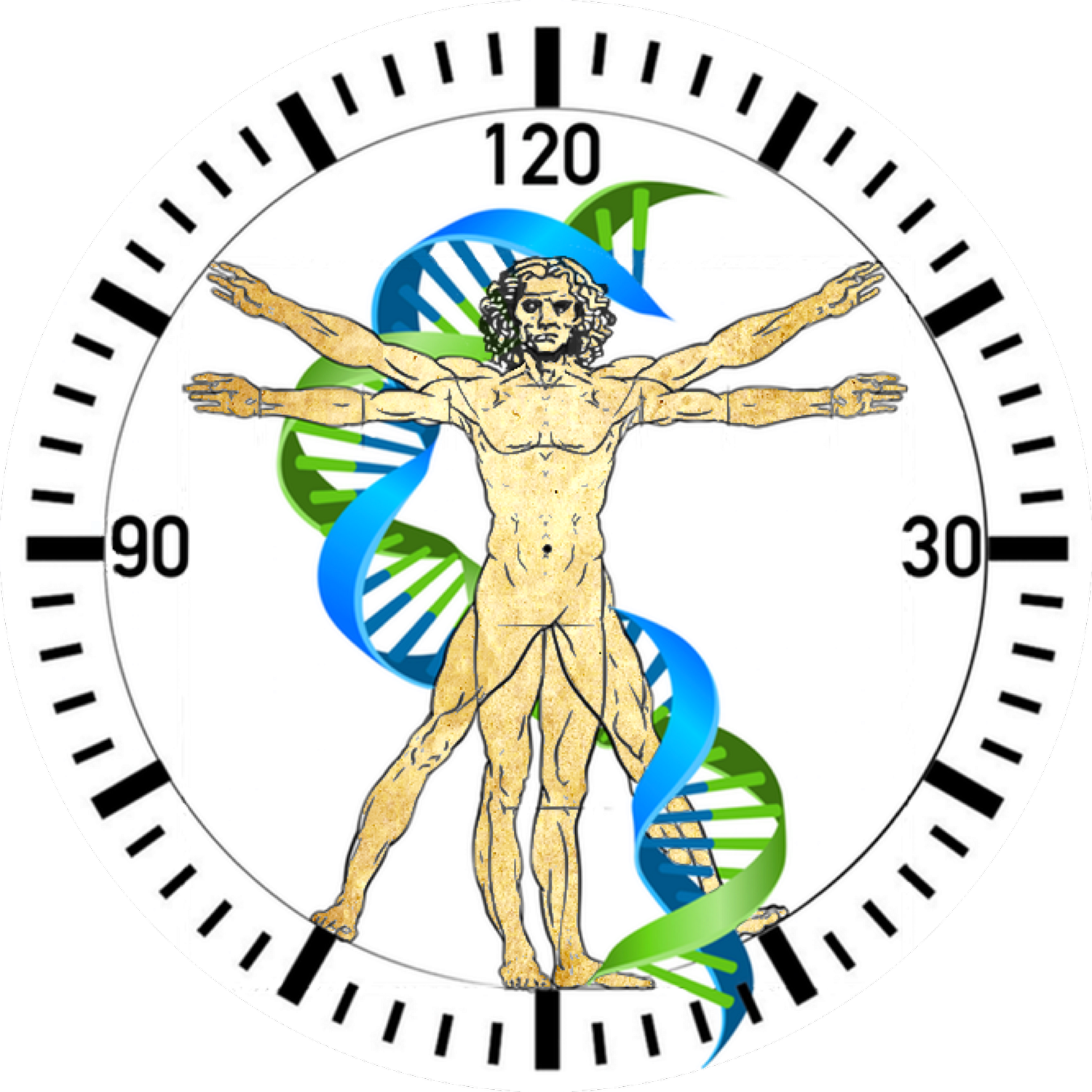Why is this needed?
The AgeMeter® device measures functional biomarkers of participants, estimating the age at which a person physically functions, enabling researchers to validate biological age test results and measurements from genetic and biochemical aging interventions and reliably compare results across subjects, studies and approaches.
Many laboratories have published results indicating the reversal or delay of various biomarkers of aging in model organisms and human cells, including cellular biomarkers such as telomere length, epigenome methylation status, expression of proteins specific to senescent cells and others, as well as morphological and functional tests, such as appearance, gait and balance, memory tests, etc. Thus far, however, there has been no fully integrated approach that can easily collect a variety of different data points from human participants, reliably correlating the output to functional age and comparing this against chronological age.
Being able to easily evaluate the effectiveness of a potential aging treatment in this way will allow longevity research to proceed at a faster rate, because meaningful data in regards to lifespan effect can be gathered in the middle of a study, not just at the end. Also, the ultimate validation of the results from a biological age test is whether a person can actually function at the age indicated by the biological age test.
